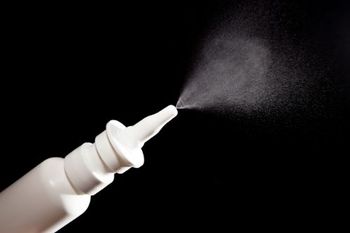
Nasal administration of the fully human anti-CD3 monoclonal antibody Foralumab modulated T cell inflammatory responses in COVID-19.
Nina Cosdon is the associate editor for Contagion. Before joining MJH Life Sciences, she graduated magna cum laude from Denison University in 2021 with a degree in Communication. You can find her reading, hiking, or antiquing, or by emailing her at ncosdon@mjhlifesciences.com.

Nasal administration of the fully human anti-CD3 monoclonal antibody Foralumab modulated T cell inflammatory responses in COVID-19.

Enteric pathogens increase C difficile virulence by providing amino acids that shape the metabolic environment in the gut.
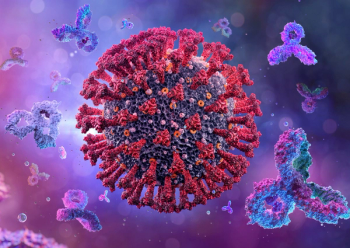
Use of early COVID-19 treatments did not reduce the risk of hospitalization or death, but did reduce long COVID symptoms after 3 months.
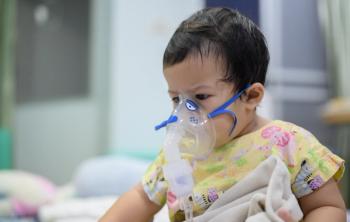
Children were hospitalized the most during the Omicron variant, but disease outcomes were the least severe during this variant period.
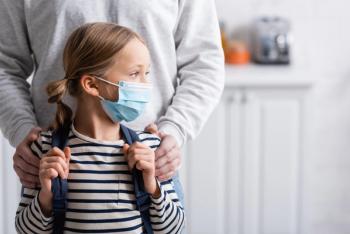
The most common reasons parents cited for hiding a child’s COVID-19 infection included an inability to stay home from work and wanting to make decisions about their child’s health without outside input from authorities.
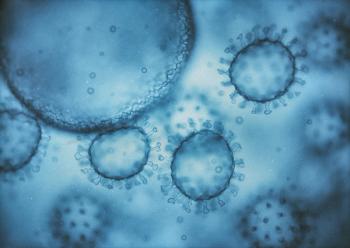
“HIV reservoir dynamics are driven by local inflammation and gut dysbiosis,” the investigators concluded.
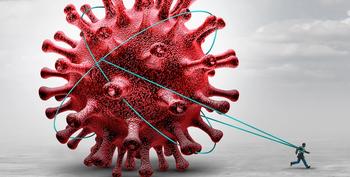
In the 12-month period following COVID-19 infection, long COVID patients had an excess death rate of 16.4 per 1000 individuals.

From concerns of Guillain-Barré syndrome to the gut microbiota's effect on COVID-19 infection severity, these were the week's top stories.
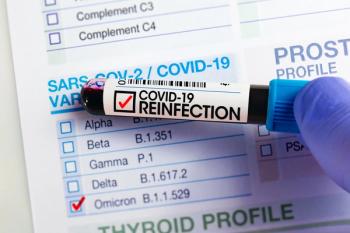
Periods of COVID-19 reinfection correlated with the circulation of new variants, as well as with time since first infection.
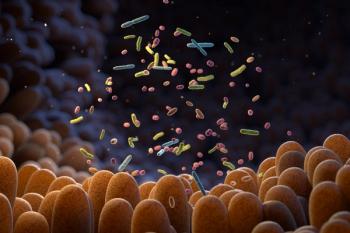
Gut microbial abundance was observed to be independent of age and influenced COVID-19 spike IgG levels.
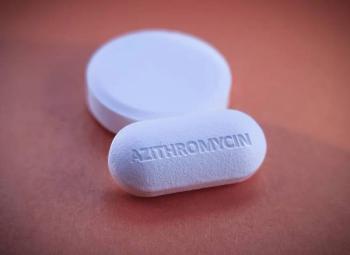
A single oral dose of azithromycin reduced the risk of maternal sepsis or death by 33% in women who delivered vaginally.

The omega-3 fatty acids EPA and DHA may protect against COVID-19 by reducing inflammation.
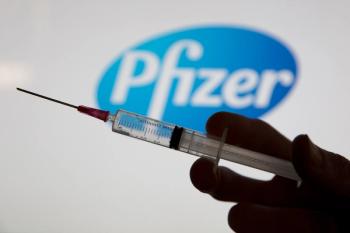
Pfizer indicates their RSV vaccine candidate, Abrysvo (RSVpreF), to prevent acute respiratory disease and lower respiratory tract disease caused by respiratory syncytial virus (RSV) in adults 60 years and older by active immunization.

“The combination of the 2 drugs was shown in this trial to be noninferior to the standard 3-drug regimen,” said Jean Michel Molina, MD, PhD, lead investigator of Merck’s islatravir/doravirine study.

An increase in extensively drug-resistant Shigella infections prompted the CDC to release a health advisory for this major cause of bacterial diarrhea.

“The biggest take-home message is to treat early,” says remdesivir investigator Mark Thrun, MD.
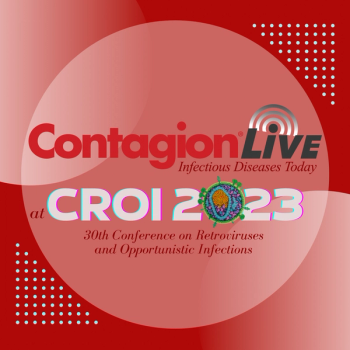
Here's a recap of our most newsworthy coverage of the CROI 2023 conference.
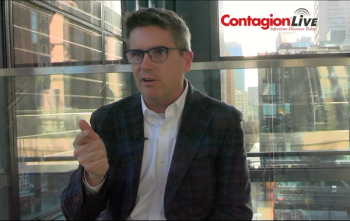
Remdesivir reduces COVID-19 mortality, in hospitalized patients who both did and did not require oxygen.

Despite effective vaccines and other prevention and treatment modalities, hepatitis B remains a global health challenge. “It’s not for the lack of available tools,” says professor and hepatologist H. Nina Kim, MD, MSc.
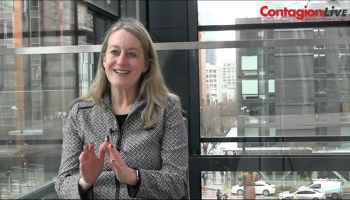
“Patients deserve more than just viral suppression,” said Harmony Garges, MD, chief medical officer of ViiV Healthcare.

“We should test everybody,” said Charles Béguelin, noting that the vast majority of hepatitis D infections go undetected.

“One size never fits all,” says hepatologist Anna Suk-Fong Lok, MD, emphasizing the need to tailor hepatitis B treatment to fit the patient.
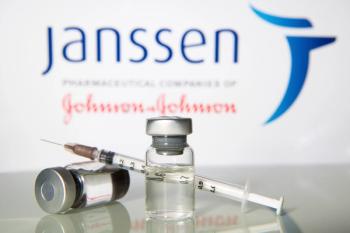
The candidate, Ad26.RSV.preF–RSV preF protein vaccine, was 80.0% effective against severe disease and 69.8% effective against any RSV acute respiratory infection.
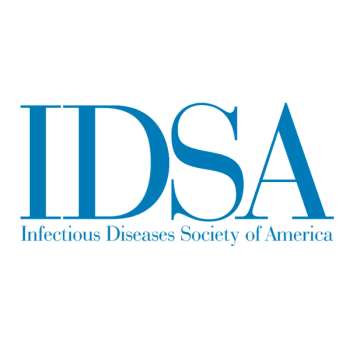
Why have “long COVID” cases become less frequent and less severe over time?

Here is an overview of highly anticipated HIV trial data ViiV Healthcare will share next week at the CROI 2023 conference.
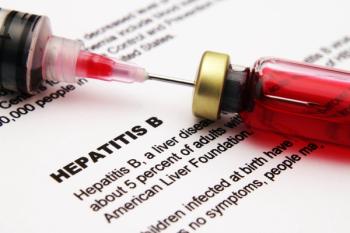
Some chronic hepatitis B patients experienced a dramatic decrease in hepatitis B surface antigen (HBsAg) after receiving a COVID-19 vaccine. Could there be a correlation?
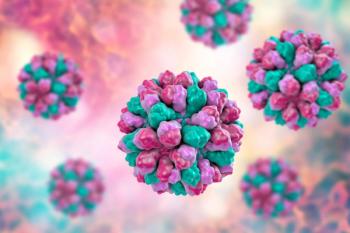
Norovirus infections are spiking this season. These are the signs and symptoms associated with America’s leading cause of foodborne illness.
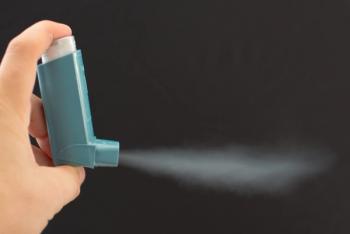
Spherical hydrogel inhalation for enhanced lung defense (SHIELD) is an investigational inhalable that coats the airways and serves as a physical barrier against COVID-19.

This week's most-read story described healthy lifestyle choices that are proven to decrease the risk of "long COVID."
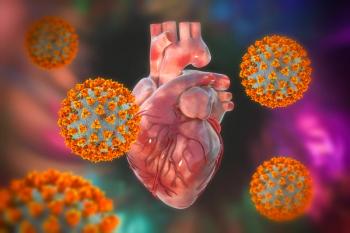
After an 18-month study, investigators determined none of the diseases examined were more frequent among the vaccinated than among the non-vaccinated.